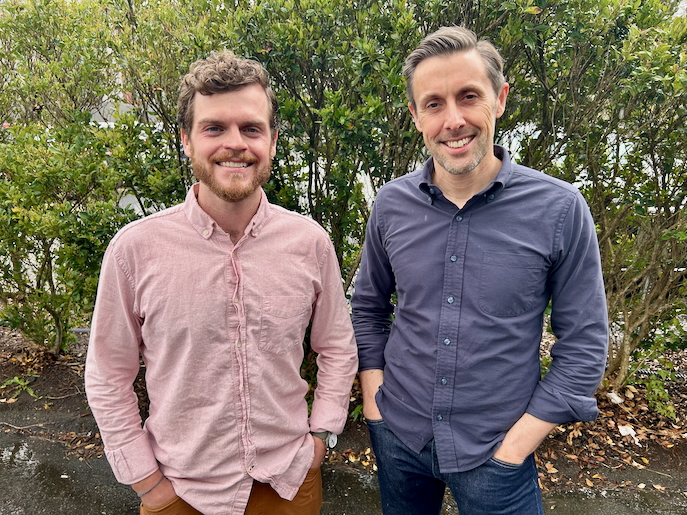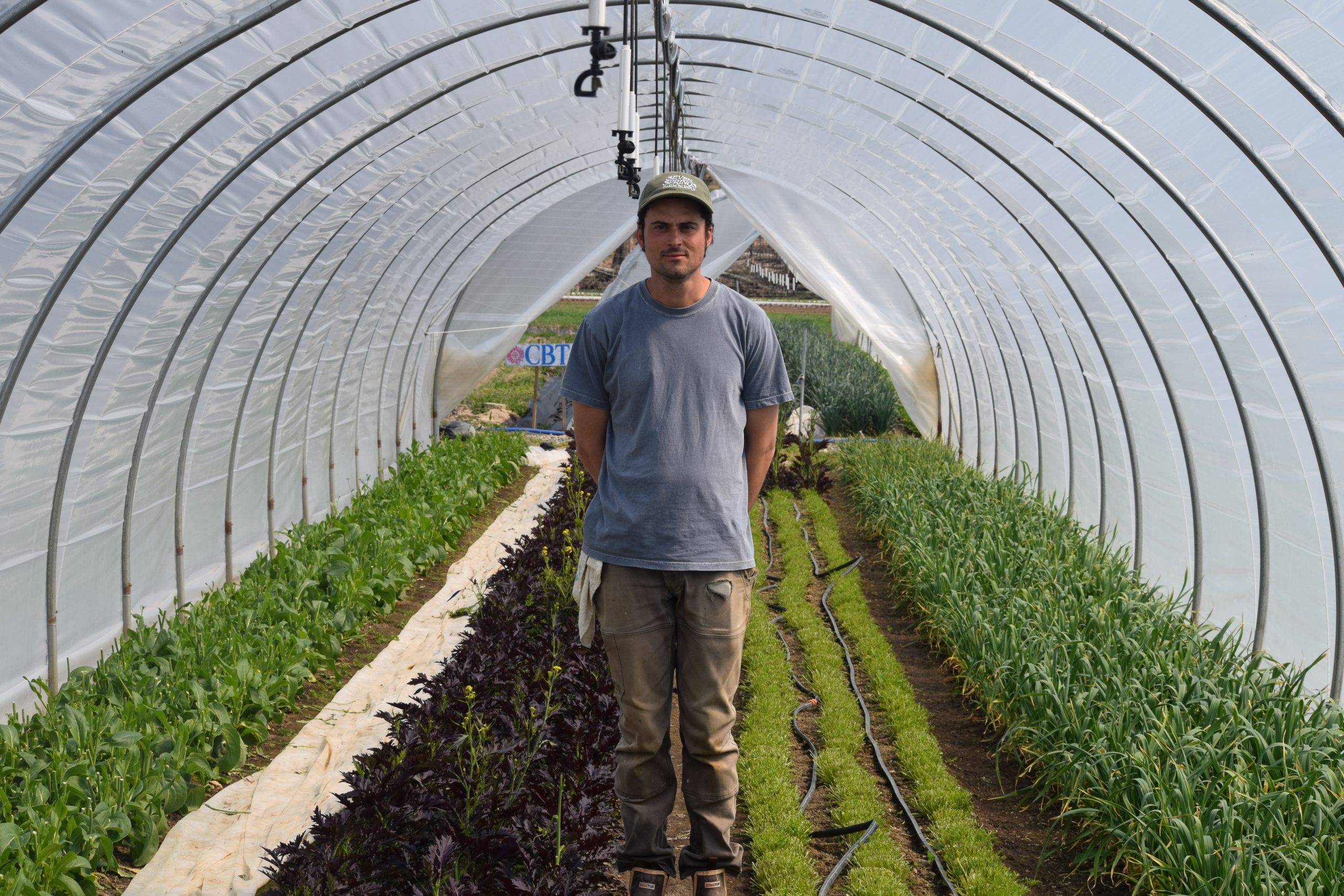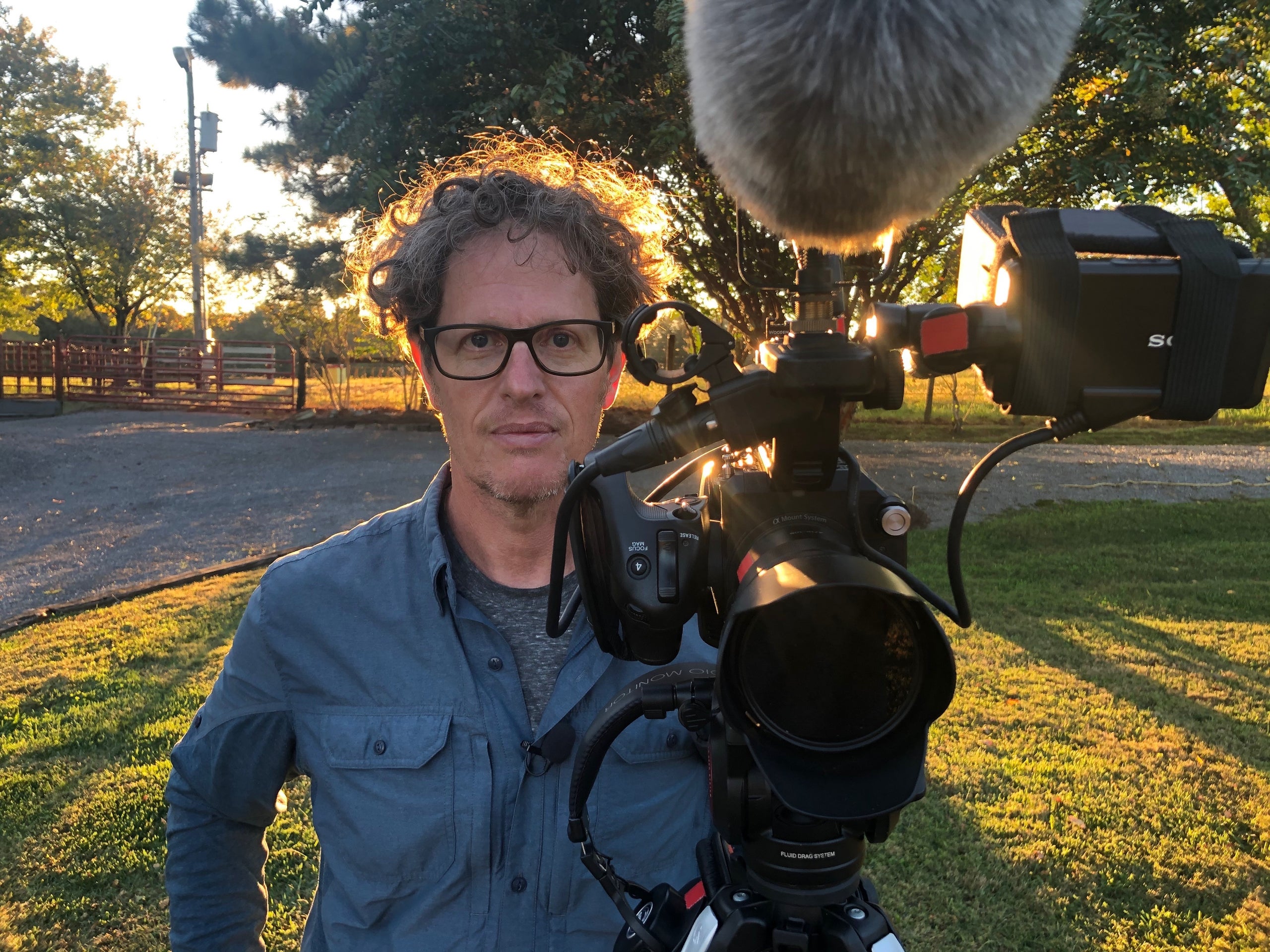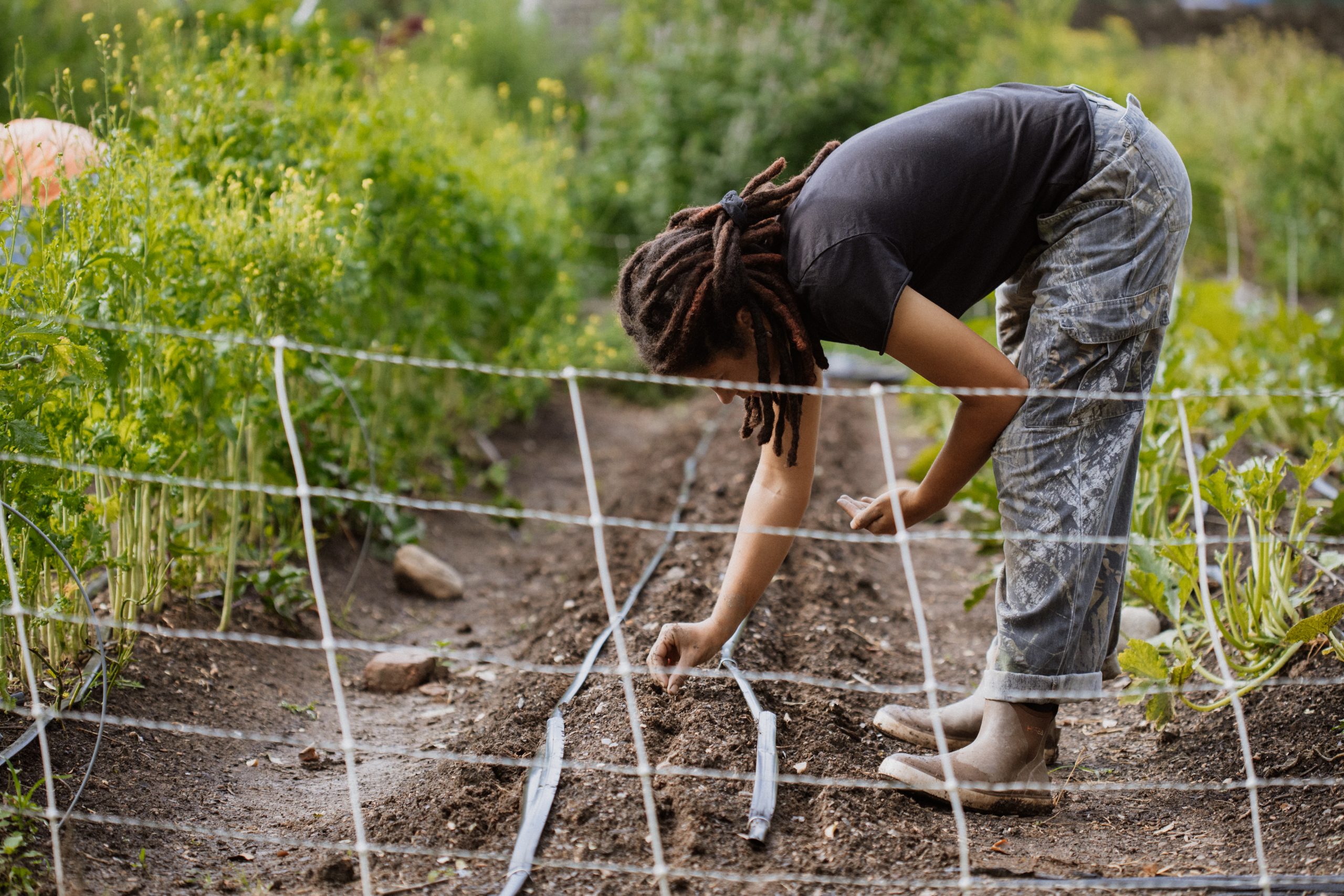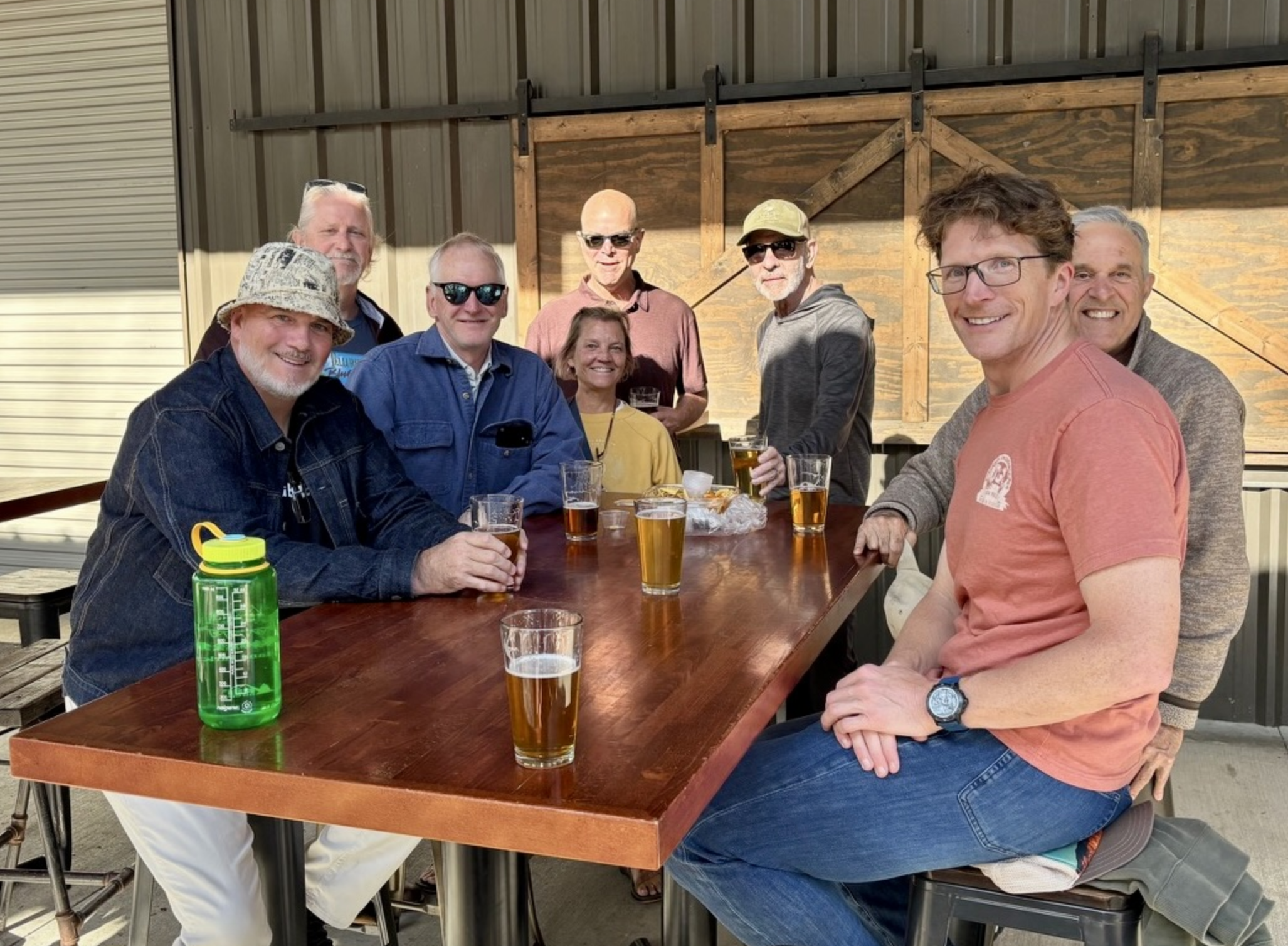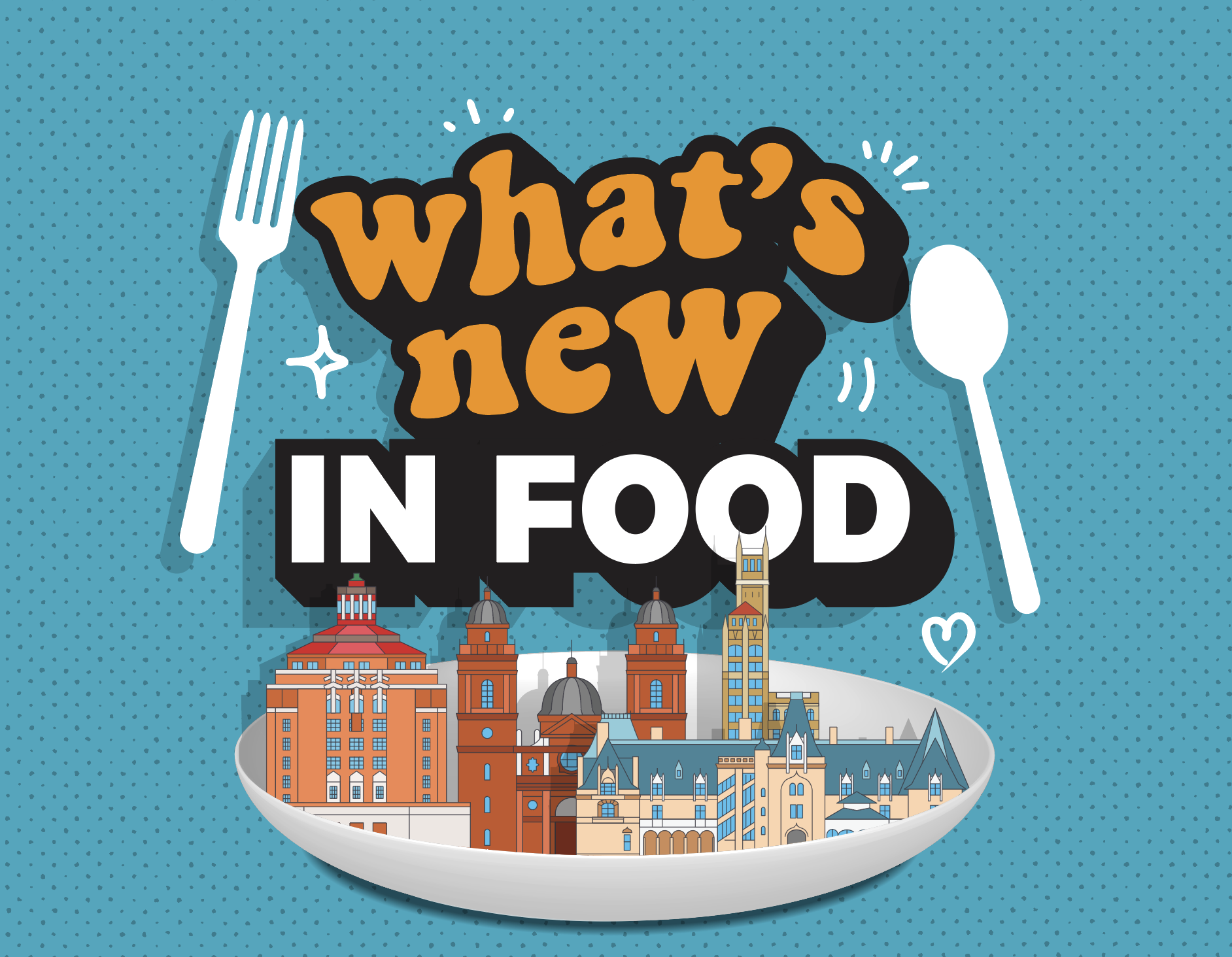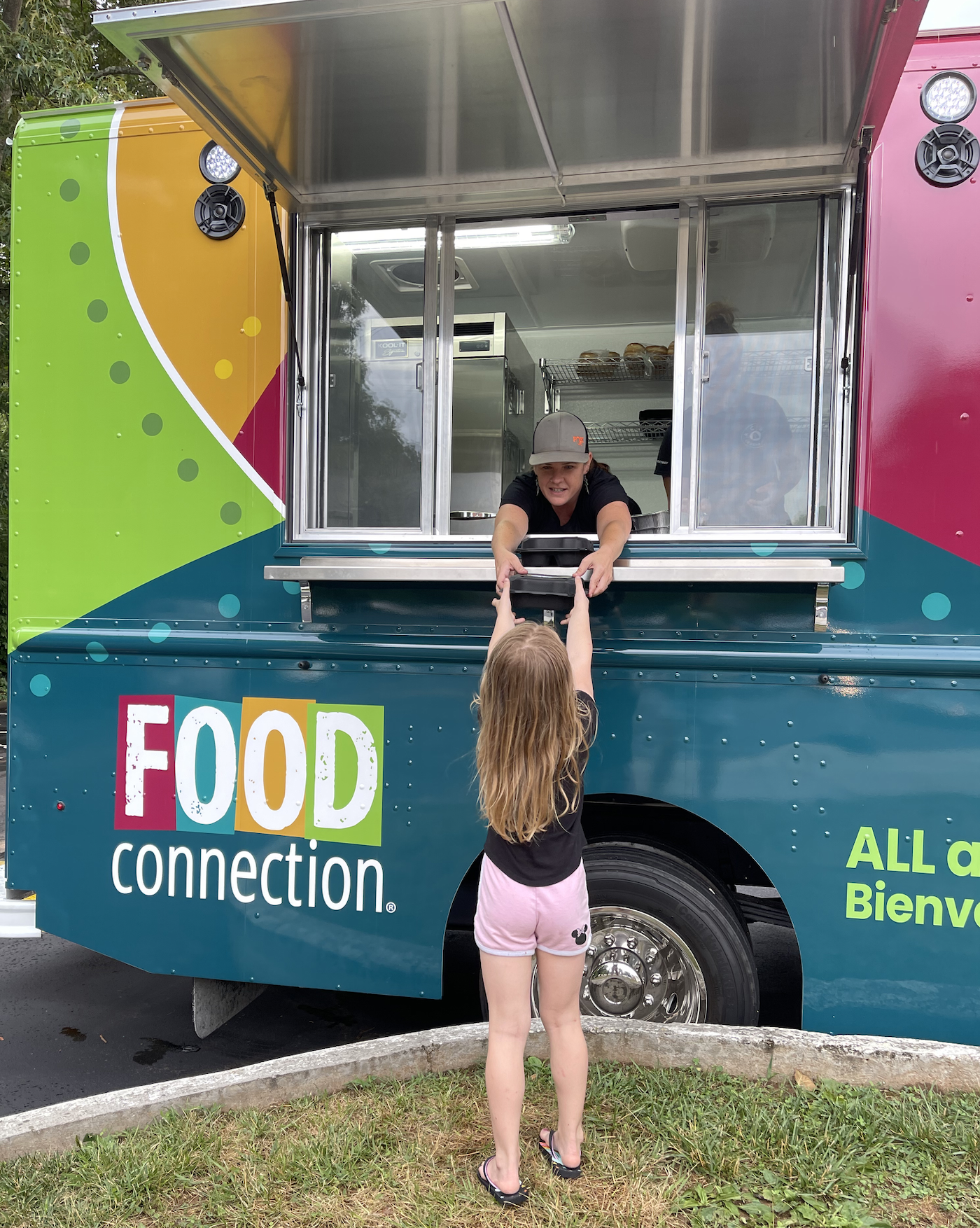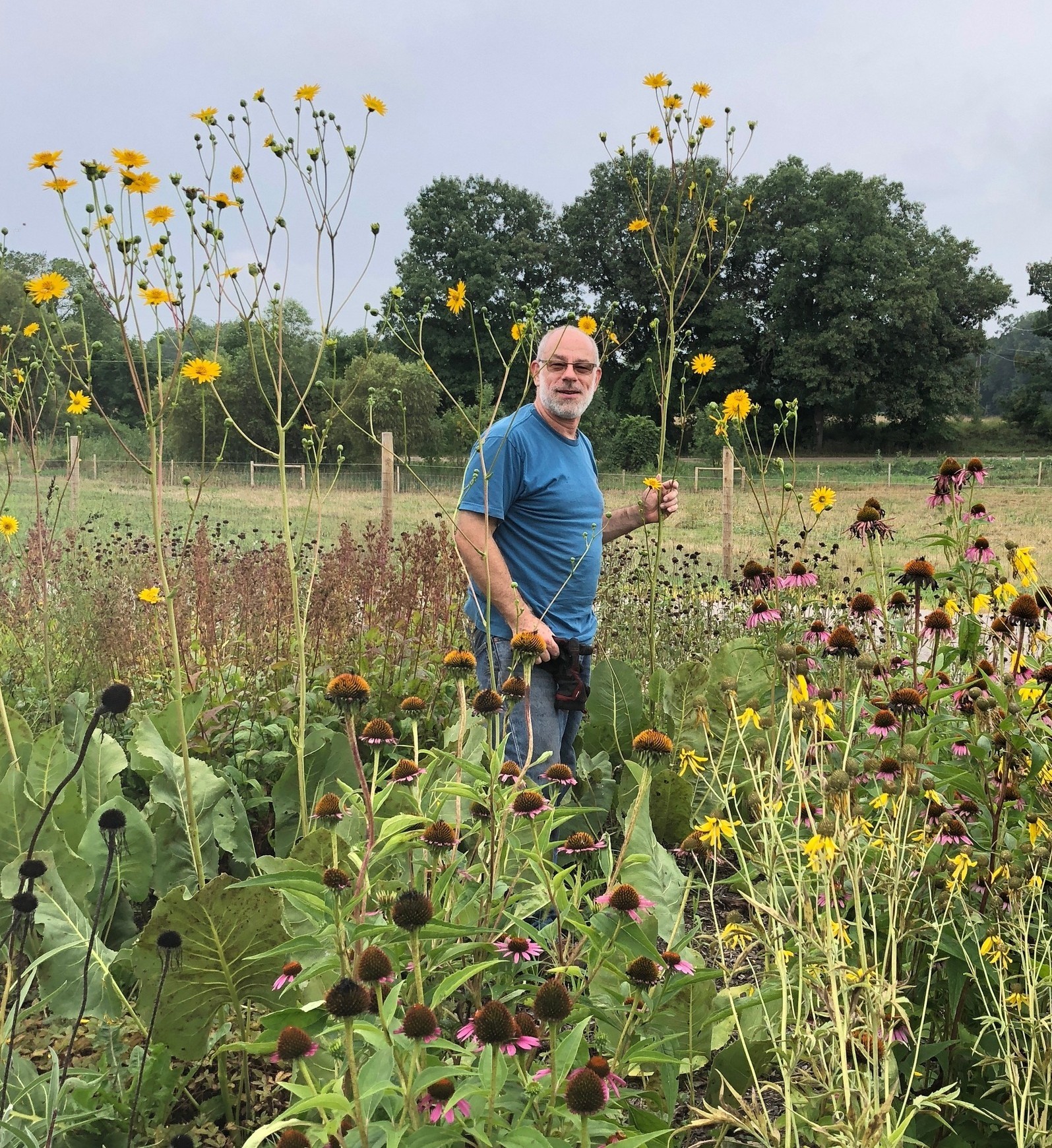Community-based organizations know their local people and issues. But they often struggle to secure funding to sustain their work. At the same time, large organizations have resources but often lack the local knowledge and agility necessary to connect them with the people who need them most.
This is, fundamentally, a data problem. Or at least that’s how Addison Fuller and Matt Corzine of FastRoots LLC see it. Both co-founders of the technology platform have extensive experience in operations, data and logistics, and they share a passion for amplifying the work of grassroots organizations and community-led initiatives.
FastRoots emerged from Fuller’s experience coordinating response efforts in the wake of Tropical Storm Helene. Stranded out of town when the storm hit, the West Asheville resident was unable to reach loved ones in Swannanoa, so he turned to Reddit and his phone to coordinate search-and-rescue efforts from afar.
This successful endeavor evolved into six weeks of organizing over 100 volunteers across five counties in two states. During that time, especially as work shifted to long-term recovery and rebuilding, two needs became clear: tools to help folks self-organize and establish protocols and systems; and tools for capturing progress data in order to replicate systems and support fundraising efforts.
When Fuller met Corzine, who had recently retired from a career in data reporting and compliance, FastRoots emerged — a self-described “technology platform designed to amplify grassroots impact, streamline collaboration and secure sustainable funding.”
After Helene, Fuller got to know Andrea DuVall, co-owner of local food delivery service Mother Earth Food, and helped coordinate storm cleanup at Dry Ridge Farm in Madison County. Through these connections, he learned how deeply the storm had impacted a local food system already struggling with high rates of food insecurity, and FastRoots focused its energies there.
The business recently became a key collaborator in the Relief to Resilience Project, an innovative new partnership funded by a $1 million investment from the American Red Cross, through local fiscal agent Impact Health. Other partners include Mother Earth Food, Grassroots Aid Partnership and the Equal Plates Project.
FastRoots supports all the players by creating tools for coordinating efforts and collecting high-quality data that is crucial for the Red Cross in tracking grant performance and will support future fundraising activities.
FastRoots co-founders Fuller and Corzine spoke with Xpress about how their company bridges a gap to help community-led efforts become more effective and sustainable.
Xpress: How exactly do you support the organizations that you work with?
Fuller: It’s a collaborative process to determine what kind of information gets tracked and how. We walk into the conversion very open and ask them what would be meaningful for their operations. They have the best read on the data that needs to be collected, since they’re on the ground doing the work. The Red Cross has distinct metrics, such as the number of meals and fresh food boxes that will be provided because of this grant. Along with that, we’re tracking where food is going, whether the food delivered was fresh produce, a hot prepared meal or a frozen meal, and how often it’s going to different locations.
Operationally, the software that we’ve built starts with scouting, and an “engage” feature that’s really user-friendly and accessible. The idea is for the platform to increase efficiency and reduce the redundancy of several organizations collecting the same or similar data from the same site.
For example, one partner org goes to a relief center and gets a sense of the need there. … X number of hot meals, or Y number of fresh food boxes. Then, either they or another partner can claim that location, committing to provide what’s needed, so another partner knows that they’re covered. They can also track when and if the food gets delivered. So, if the need is originally X number of food boxes but when they deliver, it ends up being Y instead, all that gets tracked. Relief centers can request food through the platform, too.
What has been your impact thus far, both in terms of individual organizations and the community in a broader way?
Corzine: It’s still pretty early on, but everyone we’re working with loves it. Impact Health and the Red Cross are excited, and the on-the-ground organizations get to focus on what they’re good at and exhale a bit because the technology is being provided. Nonprofits usually spend a lot of time and energy on admin, especially grant reporting and applying for funding.
Andrea Duvall from Mother Earth Food and others are wonderful at bringing the storytelling aspect to grant and funding proposals. Before working with us, they definitely had some data, too, but what we’re providing adds an extremely important component that will allow the food system to receive the funding that it needs. They can tell a story to a funder and have data to back it up.
With [the Relief to Resilience Project] initiative, a lot of the grant dollars are moving through the partners into the hands of local farmers, so the impact is beyond the organizations and relief centers. This money is staying in our community and really supporting the local food system.
FastRoots isn’t a nonprofit. Why not?
Corzine: We’re an LLC (a type of for-profit business), but we’re philosophically oriented toward social impact, and our work is aligned with that. We didn’t want to be competing with our nonprofit partners for funding, but rather collaborating with them to increase the effectiveness of what they’re doing. Our core tenets are speed, transparency and trust, and we bring these to the grassroots organizing space and to the relationships between organizers and funders.
The need for community-led solutions far outstrips the supply. Contributions that grassroots organizations make, even if they’re small, should be valued in the same way as the work of larger organizations. When they can track their impact and operations with data, for their own use and in relationships with funders, it can be.
Looking ahead, what are you going to be working on?
Fuller: We’re going to be focusing on food systems for the foreseeable future. We’d like to build out more robust tools to help coordinate growers, distribution organizations, kitchens, funders, community organizations and the people who are needing food. Right now we aren’t working directly with farmers, but we’d like to. Also, we’d like to be able to track diverse sources of money flowing in, both from grants and other sources.
We are a humble supporting layer, and our job is to uplift the farmers, organizations, kitchens and others who are feeding people.
